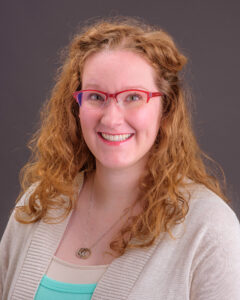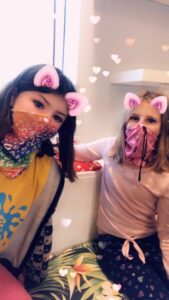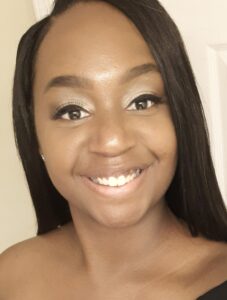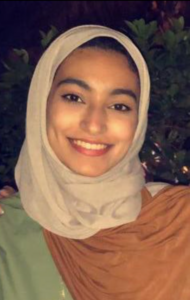Giving back and helping others realize their own “terrific” selves is something the Clevengers work toward every day.
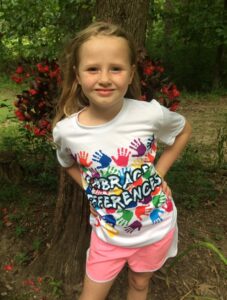
After years of struggling in school, often being called out for behavioral problems stemming from hyperactivity and sensory-seeking behaviors, Vanessa Clevenger told her mother, Amber, that she wanted find ways to help other kids with similar issues. Vanessa, who was 8 years old at the time, had been diagnosed with Attention-Deficit/Hyperactivity Disorder (ADHD) at the MU Thompson Center for Autism & Neurodevelopmental Disorders and had been experiencing sensory processing problems as well.
“She told me, ‘Mom, I get in trouble, but I’m not a bad kid.’ Of course, we knew that and thankfully we were finally able to make in-roads with her school to develop a better plan for her education,” Amber Clevenger said.
Vanessa, who is now 10, thought she could help make sensory items for kids who, like her, sought out specific sensations to help reduce anxiety and provide focus. She began producing hand-made stress balls using balloons and sand that she was able to sell for very cheap.

“One of the biggest problems families with sensory issues have is how expensive sensory items, such as fidget spinners and cubes, can be,” Amber said. “Vanessa wanted to help provide access to these items to families who may not be able to afford them normally.”
Out of this mission, “Terrific U” was born. Terrific U is a business run by the Clevengers out of their home in Fulton, Mo. that sources sensory-friendly items for children with sensory issues.
“We have been able to find sensory items like fidget spinners, magic snakes, pop tubes and stretchy toys from wholesalers at a price that lets us deliver them to customers for much cheaper than if they had to buy from a traditional store,” Amber said. “With how often kids lose little fidget items and toys, that cost can really add up for a family, so we are proud to be able to provide access to cheaper options that can help calm kids with sensory and hyperactivity issues, like Vanessa often experiences.”
The company also sells t-shirts that they hope spread their message of awareness, acceptance, kindness and love.
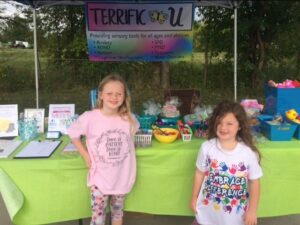
“We want the world to know that everyone has a story,” Amber said. “We want to spread awareness and encourage everyone to be kind and embrace differences. Kids like Vanessa may do things differently, but that’s not wrong. It’s just different. We want to advocate for the kids who are different.”
And they are spreading that awareness, one stress ball at a time.

